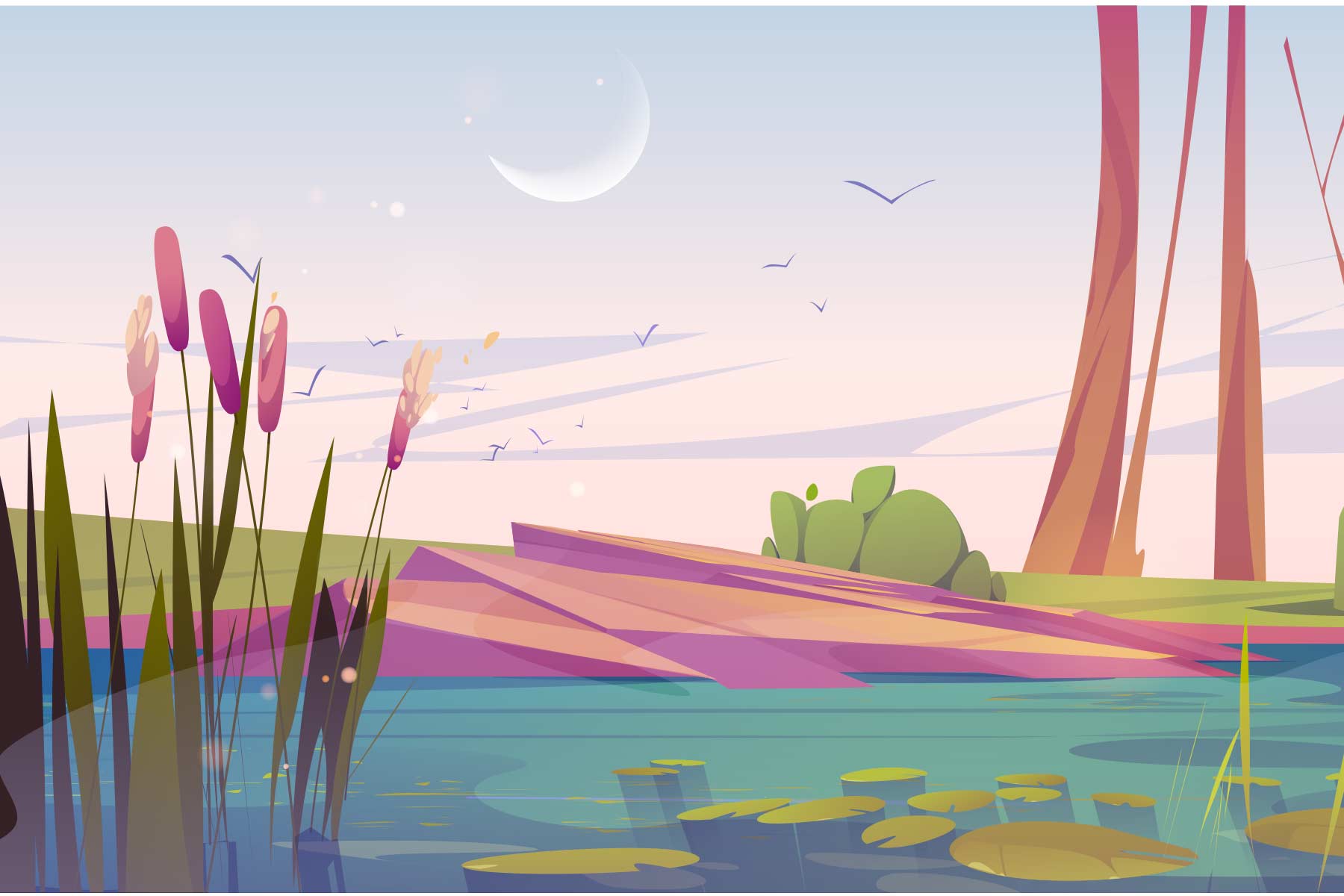It is unacceptable to further postpone in Ukraine implementation of Council Directive 91/676/EEC of 12 December 1991 on the protection of waters against pollution caused by nitrates from agricultural sources (hereinafter referred to as the Nitrates Directive) in terms of identifying nitrate vulnerable zones.
The Nitrates Directive aims to reduce water pollution by nitrogen compounds from agricultural sources and has a dual purpose: to reduce water pollution and to prevent such pollution in the future.
Transposition of the Nitrates Directive into national legislation is one of Ukraine’s obligations since the signing of the Association Agreement with EU. Sufficient implementation measures with regard to this Directive have not yet been taken. Moreover, there is now a risk that implementation of the Nitrates Directive in Ukraine will be postponed for another time. This may occur because of the absence of a final joint decision on identifying nitrate vulnerable zones. The Ministry of Environment and Natural Resources and the State Agency of Water Resources propose to define the entire country as a vulnerable zone. At the same time, the Ministry of Agrarian Policy and Food considers this as a significant restriction for agricultural enterprises.
In River Basin Management Plans drafts, the State Agency of Water Resources of Ukraine proposed to define the entire territory of Ukraine as a nitrate vulnerable zone in the short-term period. However, there are now active initiatives to change this proposal and delineate a much smaller areas in Ukraine as a nitrate vulnerable zone or not do it at all.
However, postponing the implementation of the Directive and reconsidering the position on the nitrate vulnerable zone is improper and unjustified. The Nitrates Directive is important primarily for the protection of human health. Excessive levels of nitrates in drinking water are deadly for infants, pregnant women, while for others it can cause poisoning, and development of serious diseases, including cancer. In surface waters, nitrates cause algae bloom, including toxic cyanobacteria, reduce vital for water ecosystems dissolved oxygen content. To purify water polluted by nitrates is technologically difficult and expensive, especially groundwater. Therefore, more reasonable and efficient approach would be to prevent pollution rather than deal with its consequences.
Nitrates commonly known to reach water bodies from agricultural sources. This type of pollution is challenging to assess, as it cannot be measured at every single point of a terrain where it occurs. This kind of diffuse pollution requires developed, representative water monitoring system, which is under establishment in Ukraine.
As a result, Ukraine is already experiencing threatening levels of nitrate pollution: more than 40% of water samples from wells in Zhytomyr, Sumy, and Odesa oblasts exceeding safe level of nitrates; more than 30% – in Rivne, Kharkiv, and Khmelnytsky oblasts, and more than 25% -in Volyn, Chernihiv, and Vinnytsia regions; and phenomenon of algae blooms are more and more frequent.
Ukraine is rich with agricultural land. Nearly 54% of the country’s territory is arable land, and in some regions, it is over 70%. At the same time, annual losses from soil degradation amount to UAH 40-50 billion, including losses of humus and nutrients – UAH 23-28 billion, and erosion – UAH 17-22 billion. Systematic violations of land use and environmental legislation (e.g. ploughing up water protection strips and slopes) exacerbate the problem. Livestock farms that violate the requirements for manure storage also significantly impact nitrate pollution of water.
The Directive aims to improve water quality, prevent further pollution and increase efficiency of nitrogen use in agriculture.
Implementation of the Directive’s provisions benefits not only public health and environment, but also farmers. The Nitrates Directive aims to prevent unproductive losses of nutrients and increase efficiency of farmers’ nitrogen-containing substances use: fertilisers, manure, etc. Therefore, in the context of martial law time and a shortage of fertilisers, which production depends on fossils, the agricultural business should be as well the party in favor of the Nitrate Directive implementation in Ukraine. In addition, the requirements of the Nitrate Directive are part of the Common Agricultural Policy, and related to the EU’s Good Agricultural and Environmental Conditions (GAEC) standards.
Based on the above, and given that EU good agricultural practice balances economic, social, and environmental interests, postponing the implementation of Council Directive 91/676/EEC of 12 December 1991 on the protection of waters against nitrate pollution from agricultural sources in terms of defining nitrate vulnerable zones is unacceptable.
Consequently, we call for the Delegation of the European Union to Ukraine support:
- The approval of the River Basin Management Plans in the version that defines the entire territory of Ukraine as a nitrate vulnerable zone.
- Update the timeframe and measures for the implementation of the Nitrate Directive, taking into account its objectives, while focusing on (1) establishment of sufficient water monitoring system for both surface and groundwater, (2) awareness raising and capacity building for farmers on the Nitrate Directive requirements and efficiency of fertilisers use. The updated timeframe and measures should be open and accessible for public, to monitor timely implementation of the tasks.
NGOs that supported the position:
ICO “Environment-People-Law”,
NGO “Centre for Environmental Initiatives “Ecoaction”
WWF Ukraine
NGO Ekoltava
NGO Flora
Ukrainian water society “Waternet”
NGO Ukrainian Nature Conservation Group
Information Center Green Dossier
NGO Ecopark Osokorky
NGO Zero Waste Society
NGO Rivers of Khmelnytskyi
NGO Ecosphere
Youth public environmental organisation “Our Home is Manyava”
NGO Center democratic development of youth “Synergy”
NGO Plato
NGO Ecoclub
NGO EcoPravo-Kharkiv
NGO Forza
NGO The Black Sea Women’s Club
NGO ForestCom
NGO Environmental Club Eremurus
NGO Center for international cooperation and project implementation
Lviv City NGO Ecoterra
NGO Save Dnipro
Ukrainian Ecological Club Green Wave

